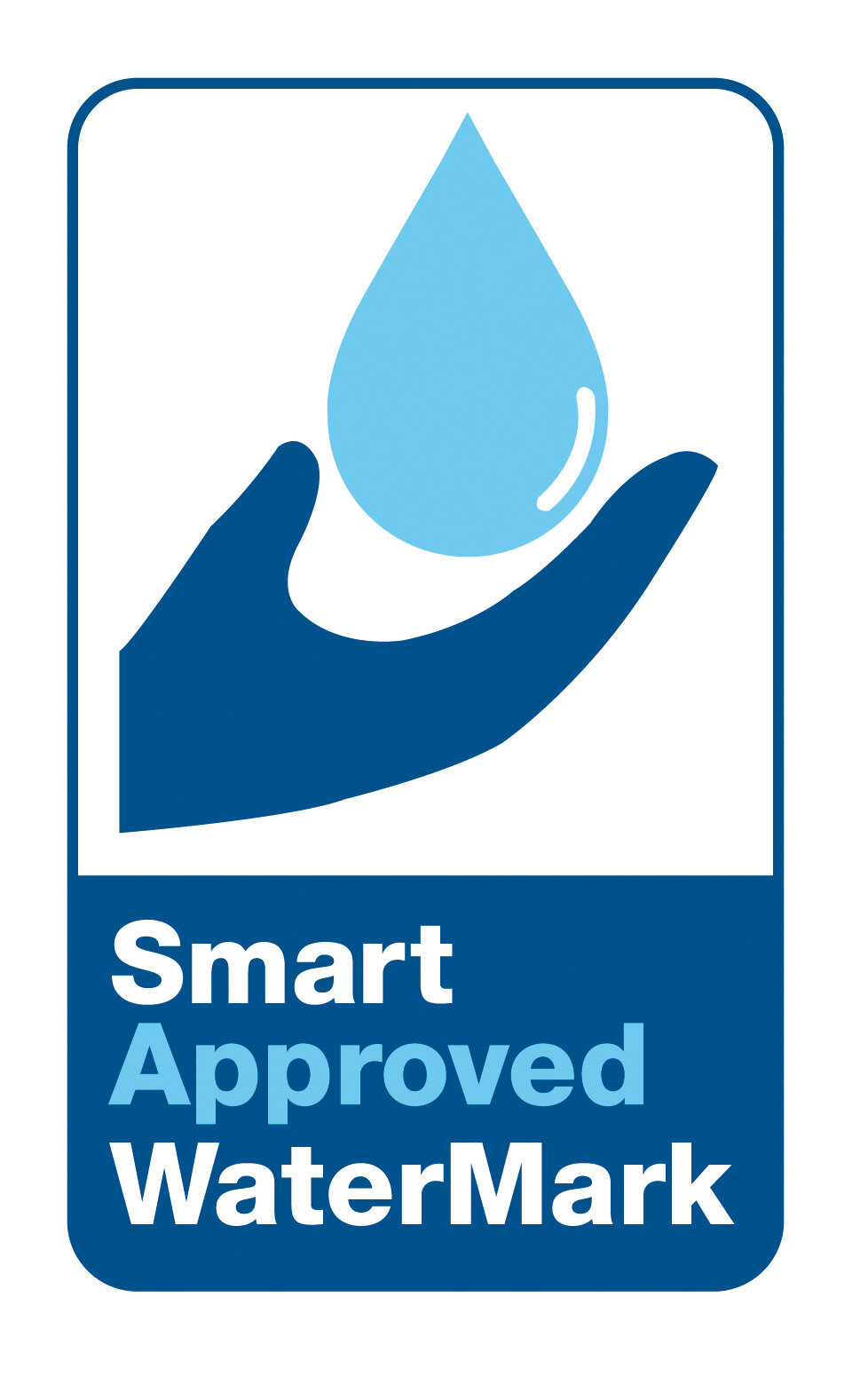Like so many businesses around the world, ours has been impacted by the global pandemic. Most of our waterless urinal installations are in facilities that are being renovated. Typically, when buildings are being renovated, owners and managers are focused on ways to reduce operating costs and make their properties more water efficient.
Waterless urinals help accomplish both.
However, last year, several major U.S. employers announced they do not plan to ask their employees to return to the office. They can work remotely, they decided. They came to this decision because remote working has panned out better than anyone anticipated.
However, that might not be the case long-term.
For example, at the first of the year, Salesforce made headlines by saying it will allow all its staff to work remotely beginning in 2021. However, since then, the company has found out that 80 percent of its team want to return to the office—at least part-time—as soon as they can. Most suggested they would like to be in the office at least three days per week.
Let’s see what else is happening when it comes to the issue of remote working versus returning to the workplace:
· In New York City, as of April 2021, only about 10 percent of the workforce is working in the city’s many high-rises. However, it is expected that about half of them will be returning to work full or part-time by September.
· Microsoft has been very flexible about allowing its staff to work remotely. However, the company announced at the end of March 2021 that it plans to ask workers to come back to work at its headquarters in Seattle.
· A year into remote working, many staffers say they appreciate the flex time it offers, the fact that they no longer have stressful commutes, the autonomy, and they say they are more productive.
However, and quite interestingly, other employees report they prefer the set work schedules they once had; they miss being with their coworkers and people in general; and their work productivity has declined after months of remote working. Some even miss the commute. Further, most of them report a “blur” developing between work time and free time that they do not like.
· By the second quarter of 2020, a survey of U.S. CEOs found nearly 70 percent planned to cut back on office real estate in coming years. A more recent study found that number had dwindled to just 17 percent.
· Many employers are becoming concerned remote working will hamper their goal of creating a company “culture.” For many companies, their brand and their company culture are interconnected. If the culture goes, the brand might be next.
What’s more, many firms report that training programs are far more complicated—and less effective—when done remotely than when staff is in an office setting. This is likely because a great deal of the learning in training is done by employees interacting with each other.
We cannot deny that there are many benefits to remote working, and virtually all business leaders believe it will be part of our work culture going forward. However, people will be returning to the workplace. Students are already returning to schools.
What many will find as they return to the workplace is that waterless urinals have been installed. The reason: less splatter. Because the virus has been found in urine, with less splatter, there is less chance that it will become airborne, potentially passing on the disease.
What we suspect will happen, and this is based on several different surveys and projections, is that while some form of remote working is here to stay, more people will be returning to their old work style than expected today. And the big driving force: they want to.
WATERLESS is the go-to company when it comes to reducing water consumption, understanding the many benefits of waterless urinals, and finding ways to use water more efficiently. For more information, contact a Waterless Co Specialist.











